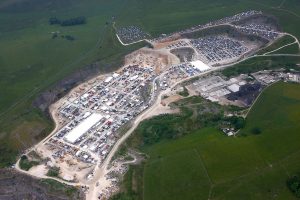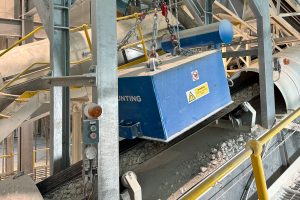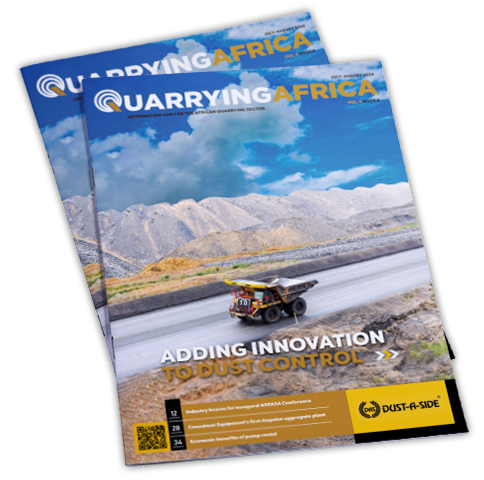In its submission in response to call for comment, surface mining association ASPASA says it “broadly” supports the intent of the draft Amendment of Schedule 2 of the Electricity Regulation Act (ERA), Quarrying Africa can report.
ASPASA’s submission is in response to the call for comment and response by affected parties in respect of the proposed amendment to the draft Amendment of the ERA published in the Government Gazette of 10 February 2022.
The amendment intends to lift the limit above which a generation licence is required from 1 MW to 100 MW. ASPASA believes that this is necessary to reduce the regulatory burden on larger commercial, industrial and mining customers of electricity wanting to do self-generation.
However, ASPASA believes that the amendment of Schedule 2 alone is not sufficient to unlock the significant potential of embedded, distributed and self-generation, wheeling and trading of electricity across Eskom and municipal networks.
“ASPASA therefore broadly supports the intent of the draft Amendment to the Electricity Regulation Act to align with the intended restructuring and unbundling of Eskom, and to facilitate the liberalisation of the electricity supply industry to enable embedded, distributed and self-generation, wheeling and trading of electricity by domestic, commercial, industrial, mining, agricultural and transportation customers of electricity,” says Nico Pienaar, director of ASPASA.
As a matter of principle, he adds, ASPASA supports efforts by government to increase electricity policy, regulatory, planning and pricing certainty. ASPASA believes that the draft Amendments to the Electricity Regulation Act go a long way to clarify the intentions of government in respect of the unbundling and restructuring of Eskom, the creation of an independent Transmission System Operator (TSO), the establishment of a diversified competitive generation sector, day-ahead electricity, balancing, capacity and ancillary services markets, embedded, distributed and self-generation, co-generation, wheeling and trading.
ASPASA also supports efforts to reduce unnecessary red-tape and unnecessarily restrictive / prescriptive policy, regulatory and planning positions of central government, the minister of Mineral Resources and Energy, the National Electricity Regulator of South Africa (NERSA), provincial government, local government (municipalities), municipal electricity distributors and Eskom.
ASPASA supports the restructuring and unbundling of Eskom, initially to ringfence its generation, transmission and distribution business activities into separate ring-fenced operating divisions.
Thereafter, ASPASA supports the separation of Eskom’s Transmission division into a separate subsidiary legal entity / operating company, to perform the functions – for a period of up to five years – of the Transmission System Operator (TSO), as detailed in the draft Amendment to the Electricity Regulation Act.
ASPASA also supports the further separation of Eskom’s Generation and Distribution divisions into separate Generation and Distribution subsidiary legal entities / operating companies, as detailed in the Department of Public Enterprises’ Eskom Roadmap of October 2019.
However, the association does not support and indeed strongly opposes the addition of a new regulated activity by NERSA included in the draft Amendment to the Electricity Regulation Act, namely the licensing of generation and transmission construction activities by NERSA.
NERSA currently only licenses the operation of transmission facilities, and generation facilities above 100 MW. NERSA has never regulated the construction of generation and transmission facilities or the licensing of such construction activities.
“ASPASA believes that this proposed new regulated activity by NERSA included in the draft Amendment to the Electricity Regulation Act, which has never been there before, is completely unnecessary, counter-productive and in contradiction with the principle of reducing unnecessary red tape and unnecessarily restrictive/prescriptive policy, regulatory and planning requirements,” concludes Pienaar.





![Data from the World Risk Poll shows that one in five (21%) people in mining and quarrying occupations have experienced harm at work in the past two years. [Photo by Shane McLendon on Unsplash]](https://quarryingafrica.com/wp-content/uploads/2024/10/shane-mclendon-89hUOLtVfoI-unsplash-300x225.jpg)
